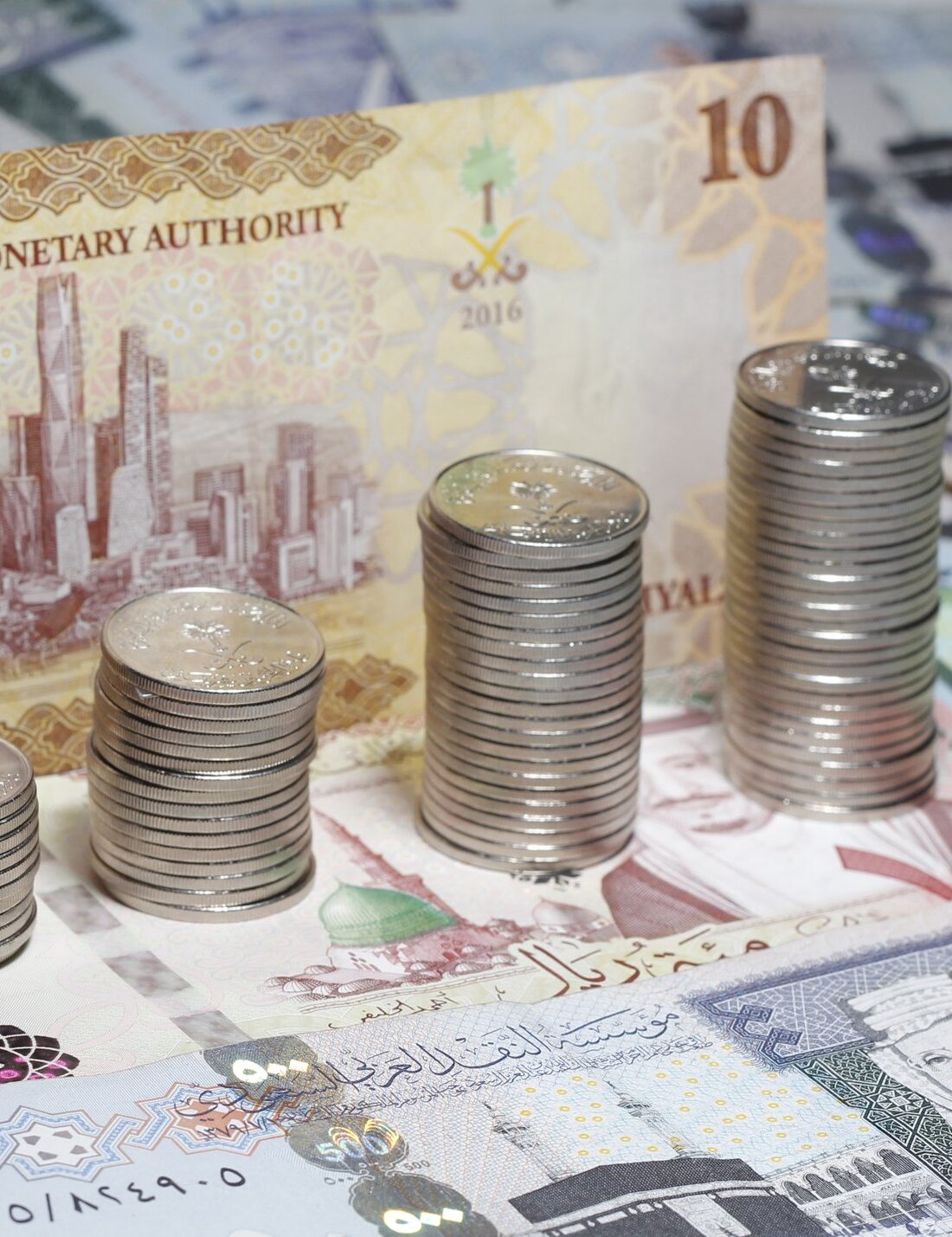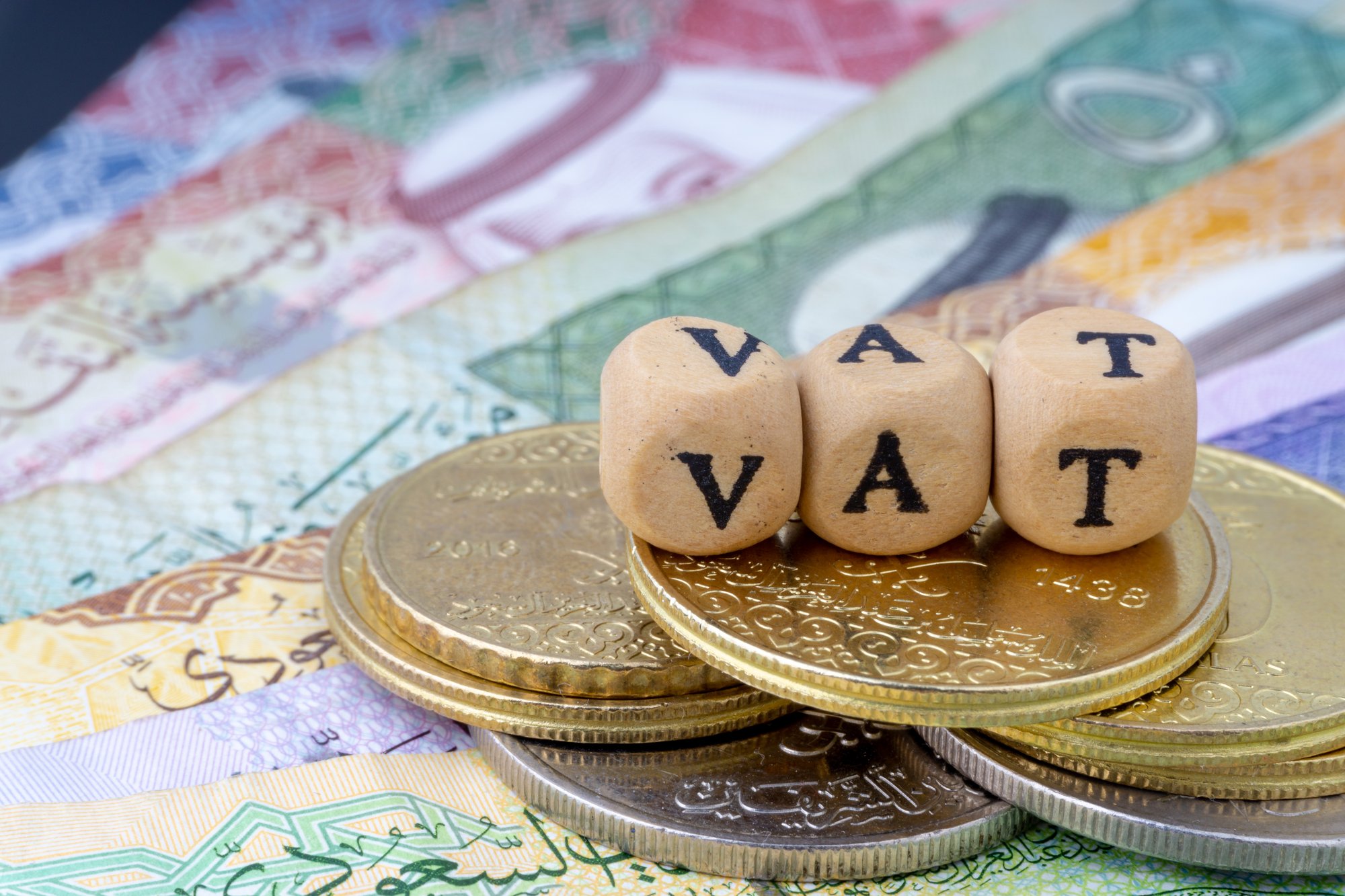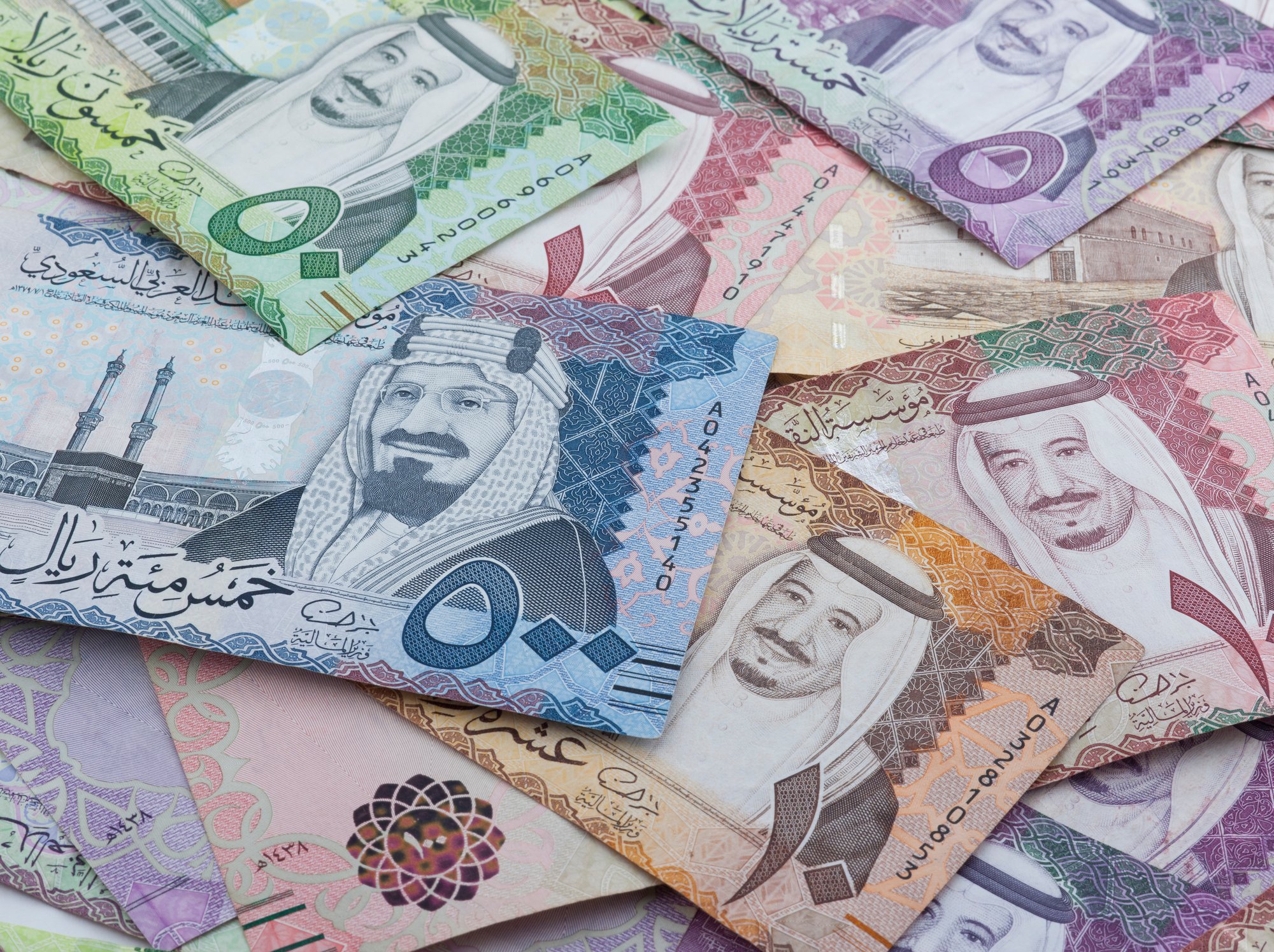ARTICLE 29 of the unified GCC Value-added Tax law (VAT) provides that the GCC countries have the option to exempt or tax by zero percent some sectors, such as education sector, health sector, real estate sector, transport sector, and oil and petroleum sector, I am not in the process of discussing which sectors are exempted or not, but in clarifying the difference between the tax exemption and zero percent tax in the application of the VAT, because taxpayers may simply be confused in subject to each of the above types in terms of rights and obligations.
Tax exemption in the VAT system means exemption or exception of the performance of the tax on goods and services which are subject to the force of law, and therefore the person (natural or legal) will not be part of the VAT system in terms of goods and services exempted from tax, and do not adhere to any duties towards the Zakat and Income Authority in terms of the compulsory registration even if the taxpayer sales amounted to the mandatory registration limit. Moreover, taxpayers should not submit a tax return, in addition to the inability to collect any tax on sales or recover what has been paid on inputs tax regarding exempted goods and services, this is only in the event the person deals in exempted goods and services.
In contrast, if that person also deals with other goods or services that are not exempted, he/she shall be required to register with tax administration, if the amount of sale for those goods and services reaches the registration limit and thus be part of tax system.
As for the zero percent tax, it is a tax imposed by a certain percentage stipulated by the law for some goods and services but by zero percent, so the person (natural or legal) will be part of VAT system, in terms of registration limit, even if all goods and services are subject to zero percent tax. He cannot also collect any tax on his sales, but he can claim a refund of the tax paid on his inputs (purchases) related to those goods and services sold.
Note that Article 9 of the Implementing Regulation in its first clause gives the option to exempt all those whose supplies were subject to a zero percent rate from the compulsory registration, even if their sales exceed the registration limit. The question arises as to how the taxpayers will recover the payment on his inputs if he does not have a registration number.
Here, it is worth mentioning that the zero percent tax is usually limited to exports in order to encourage exports. The legislator sometimes applies it on a particular sector for the public interest, such as the health sector or any sector the government sees in its public interests.



